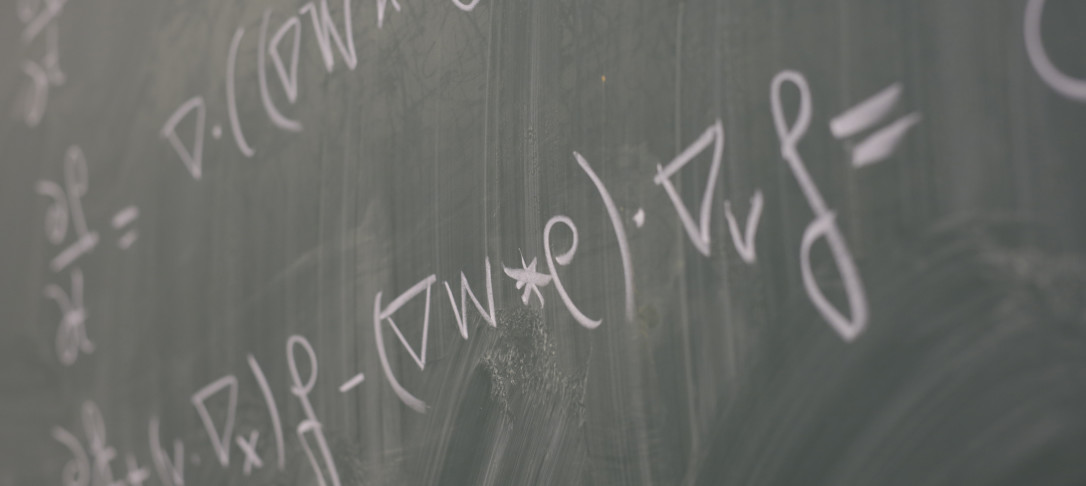
Title
Fluctuations of interacting particle systems and conservative stochastic PDE
Abstract
Interacting particle systems have many applications in mathematics and several related fields such as statistical physics, biology, population dynamics, and machine learning. The large-scale behavior of these systems is essentially deterministic and is characterized by the solution to a (nonlinear) diffusion equation. This limit PDE furnishes a correct description of the particle system up to order zero. However, the particle process does exhibit small and large fluctuations away from its mean, i.e. from the solution of this PDE. Such deviations, though rare, can have significant consequences—such as a concentration of energy or the appearance of a vacuum—which make them important to understand and simulate. In particular, their behavior can be analyzed in terms of large deviation principles and central limit theorems, which quantify the occurrence of such fluctuations and provide a sharper description of the particle system. This approach requires deterministic and stochastic variants of the above PDE.
In this talk, we first discuss these probabilistic concepts in some simpler settings and then we introduce a continuum model (i.e. a stochastic PDE) to better simulate the particle system. Namely, we consider a precise stochastic version of the aforementioned limiting PDE, whose well-posedness has been recently obtained, and we show that the small-noise fluctuations of this SPDE around the deterministic zero-noise limit — i.e. around the limit PDE — reproduce the same fluctuations as the particle system: that is, they satisfy an identical large deviation principle and an identical central limit theorem.
The talk is based on joint work with Benjamin Fehrman and on previous work by B. Fehrman, B. Gess and N. Dirr.
In this talk, we first discuss these probabilistic concepts in some simpler settings and then we introduce a continuum model (i.e. a stochastic PDE) to better simulate the particle system. Namely, we consider a precise stochastic version of the aforementioned limiting PDE, whose well-posedness has been recently obtained, and we show that the small-noise fluctuations of this SPDE around the deterministic zero-noise limit — i.e. around the limit PDE — reproduce the same fluctuations as the particle system: that is, they satisfy an identical large deviation principle and an identical central limit theorem.
The talk is based on joint work with Benjamin Fehrman and on previous work by B. Fehrman, B. Gess and N. Dirr.
Please note that the seminar will take place in person in room 642 of Huxley Building.